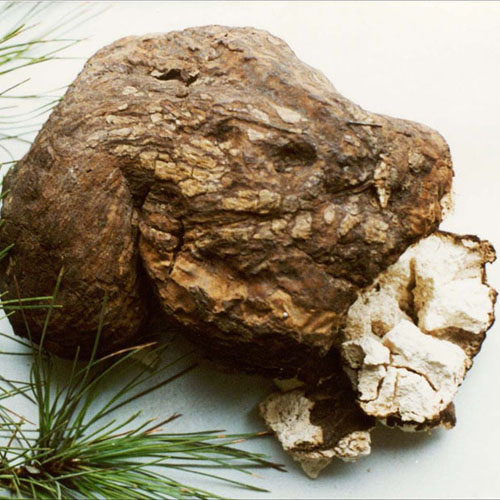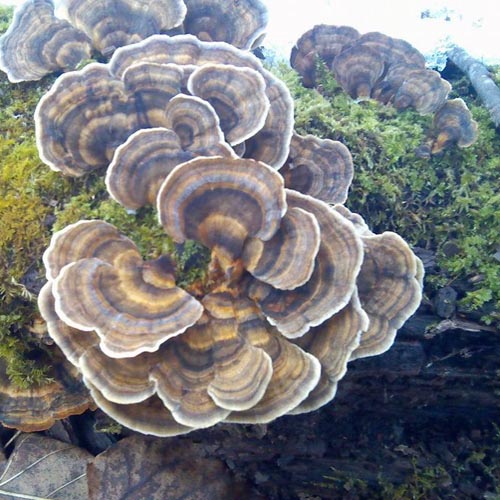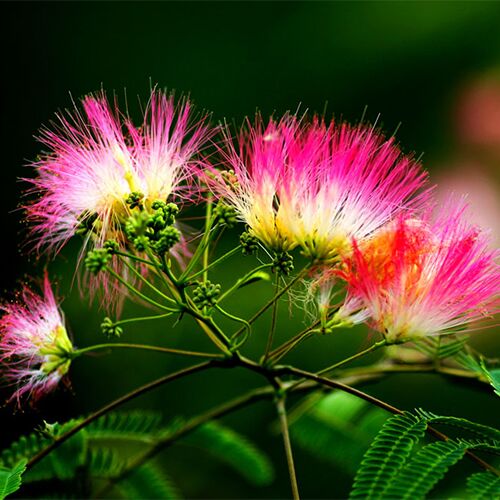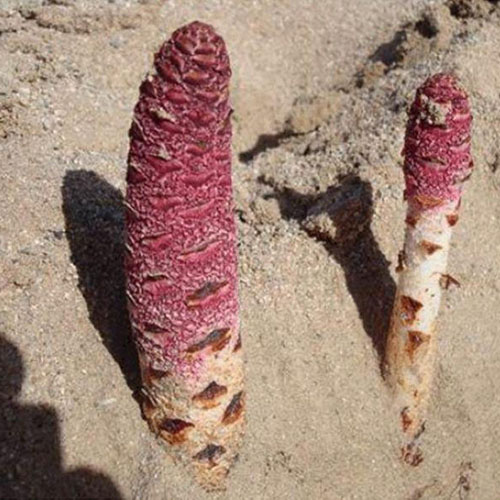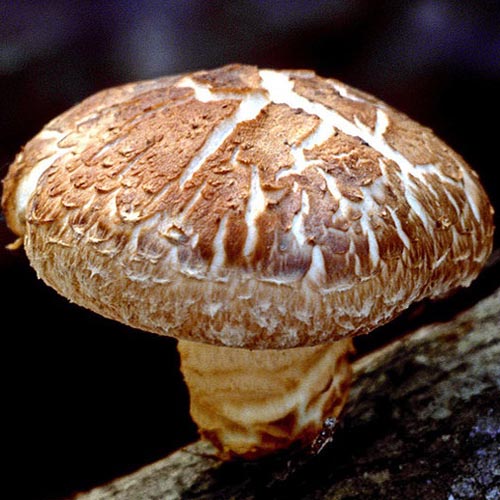- Chinese Name Fu Ling 茯苓
- Latin Name Poria cocos (Schw.) Wolf
- Other Names Sclerotum Poriae Cocos, Wolfiporia cocos, Tuckahoe, Hoelen, China-Root
- Used Part Fruit Bodies / Sclerotium
- Specification Powdered Extract
Poria Mushroom Extract Powder
Description
Poria Mushroom History
Poria has been used in Traditional Chinese Medicine for thousands of years. Today it is extensively cultivated on wood logs buried in the ground.
Poria Mushroom Uses
Poria is a sclerotium, a hardened mass of mycelium that forms around the roots of trees. It is a rich source of carbohydrates with an atypically low amount of protein. It is used in many Traditional Chinese Formulas for its diuretic properties. Research has also demonstrated immunological potentiation.
A special variety of Poria known as “Spirit Poria” is considered a premium Shen tonic herb. It is the part of the Poria mushroom that contains the root of the old pine tree, upon which it has grown. Spirit Poria is said to benefit the heart, to nourish the Spirit and to lead to a long and happy life. It is often used by those wishing to overcome anxiety, worry, fear, etc. This is a very special herb traditionally used by Taoist adepts to help attain enlightenment.
Active Compounds
Beta (1>3),(1>6)-glucans; Triterpenoids
Poria Mushroom Research
- Rios JL., Chemical constituents and pharmacological properties of Poria cocos. Planta Med. 2011 May; 77(7):681-91.
- Cheng S. et al., Triterpenes from Poria cocos suppress growth and invasiveness of pancreatic cancer cells through the downregulation of MMP-7. INTERNATIONAL JOURNAL OF ONCOLOGY 42: 1869-1874, 2013
- Feng YL et al., Diuretic activity of some fractions of the epidermis of Poria cocos. J Ethnopharmacol. 2013 Dec 12;150(3):1114-8
TCM Tradition
Taste & Property Sweet, Bland, Neutral
Organ Meridians Heart, Spleen, Kidney, Lung
TCM Functions
• Promotes urination and leaches out Dampness
– Urinary difficulty, diarrhea, or edema due to Stagnation of Fluids or Dampness
– Fluid Stagnation
– Damp-Heat (Chi Fu Ling)
• Strengthens the Spleen and harmonizes the Middle Jiao
– Spleen Deficiency Dampness with anorexia, diarrhea and epigastric distention
• Strengthens the Spleen
– Phlegm Dampness due to Spleen Deficiency with thin mucus in which Phlegm moves upward manifesting as palpitations, headache, dizziness and a thick, greasy tongue coat
• Quiets the Heart, calms the Spirit and soothes the nerves
– Palpitations, insomnia or forgetfulness due to either Spleen and Heart Insufficiency or Internal Obstruction of Turbid Phlegm
– Shen disturbance (Fu Shen)
– Restless Heart (Fu Shen)

